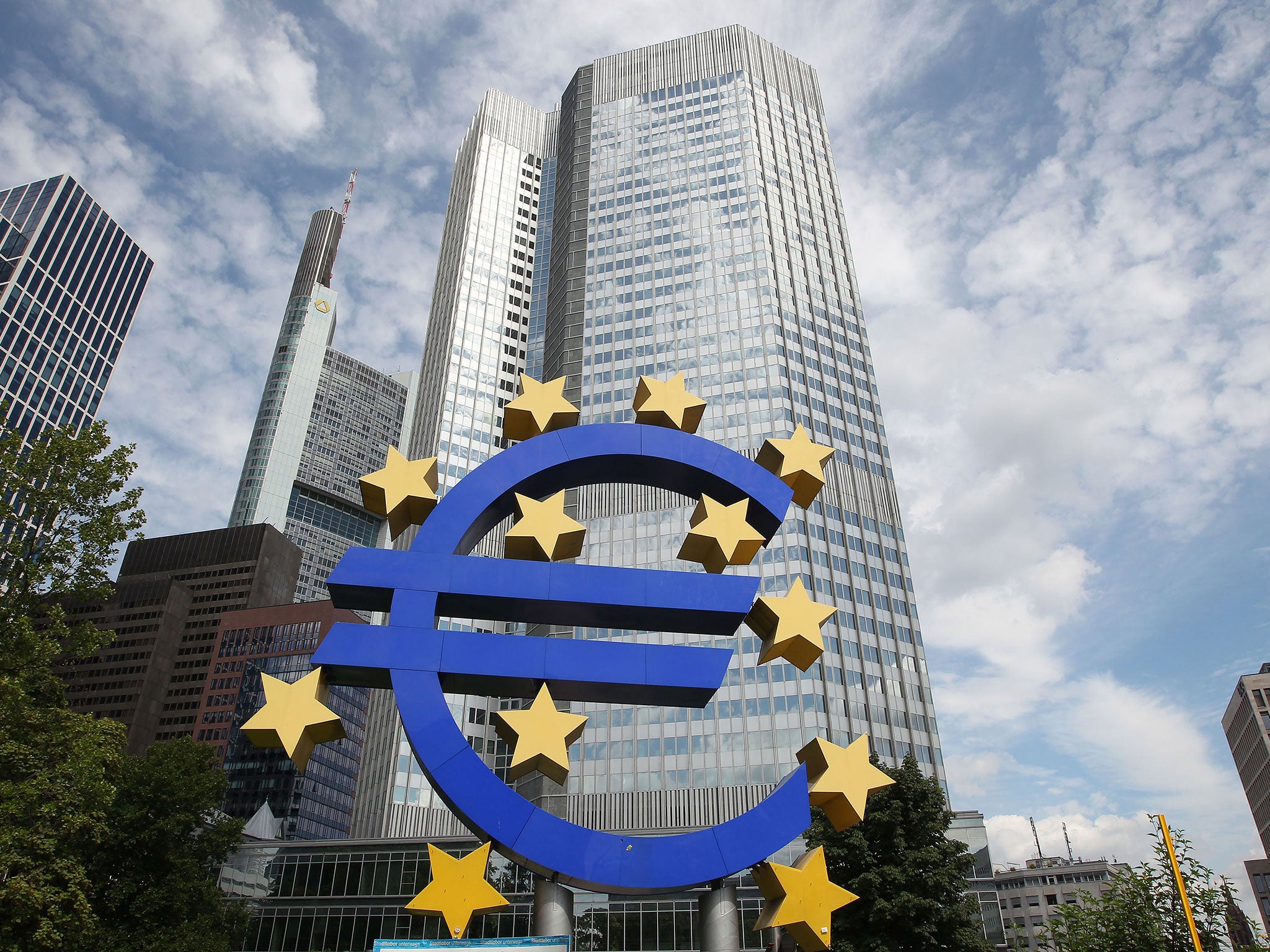More people in Europe are dying than being born, research finds
But Britain beats the trend to continue growing

Your support helps us to tell the story
From reproductive rights to climate change to Big Tech, The Independent is on the ground when the story is developing. Whether it's investigating the financials of Elon Musk's pro-Trump PAC or producing our latest documentary, 'The A Word', which shines a light on the American women fighting for reproductive rights, we know how important it is to parse out the facts from the messaging.
At such a critical moment in US history, we need reporters on the ground. Your donation allows us to keep sending journalists to speak to both sides of the story.
The Independent is trusted by Americans across the entire political spectrum. And unlike many other quality news outlets, we choose not to lock Americans out of our reporting and analysis with paywalls. We believe quality journalism should be available to everyone, paid for by those who can afford it.
Your support makes all the difference.More people in Europe are dying than being born, according to a new study.
Three American sociologists have completed a comprehensive study of every single county in Europe and the USA. They found that 58 per cent of the 1,391 counties in Europe had more deaths than births in the first decade of the 21st century (from 2000 to 2009), compared to just 28 per cent of the 3,141 counties in the USA.
A population where people are simply dying of natural causes faster than they are being born, rather than dying at an accelerated rate due to war, famine or another external cause, is described as experiencing "natural decrease".
Three of Europe's six most populous nations are in a state of natural decrease, with the populations of Russia, Germany and Italy all decreasing in size year-on-year. With a combined population of over 280 million, these shrinking nations together account for over a third of Europe's 743 million inhabitants.
In all, 17 European nations are experiencing a state of natural decrease, whereas only 2 of America's 50 states are currently decreasing in population size (West Virginia and Maine). The United Kingdom is experiencing a steady level of population increase, while the population is growing in every single county in the Republic of Ireland.
Looking at the map of Britain's counties, a clear picture emerges of drift towards London and the South-East, as internal migration to these more affluent areas means that rural counties are increasingly left with ageing populations where the birth-rate cannot match the death rate.
Though there is a measure of regional variation, counties where the population is decreasing are overwhelmingly concentrated in the South-West, the North-East, Wales and Scotland.
Separate research has suggested that the UK will become the most populous country in the EU but 2050, with its population nudging towards 80 million as Germany (currently the most populous nation in the EU with a shade over 80 million inhabitants) sees its own population fall to around 74 million. It remains to be seen how the arrival of millions of refugees on European shores will affect these projections.
In their explanatory notes, the professors of sociology and demography who conducted the survey suggest that their findings should be a cause of concern to the European community.
They said: "Natural decrease is much more common in Europe than in the U.S because its population is older, fertility rates are lower and there are fewer women of child-bearing age... this is a major policy concern because it drains the demographic resilience from a region, diminishing its economic viability and competitiveness."
The report draws out a stark contrast between a shrinking Europe and a swelling North America, but its findings must also be contextualised against the rest of the world. By the mid-2060s, the UN predicts that there will be another 3 billion people living in what it classifies as "more developed" nations.
Just nine countries (India, Pakistan, Nigeria, Ethiopia, the United States of America, the Democratic Republic of Congo, Tanzania, China and Bangladesh) are expected to make up half all global population growth by 2050, and of these only the USA is classified as “more developed”.
Join our commenting forum
Join thought-provoking conversations, follow other Independent readers and see their replies
Comments